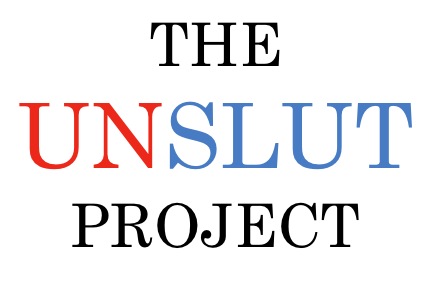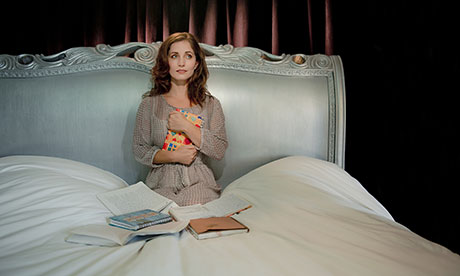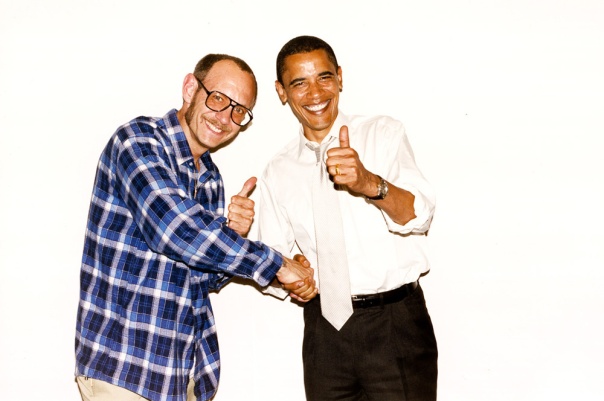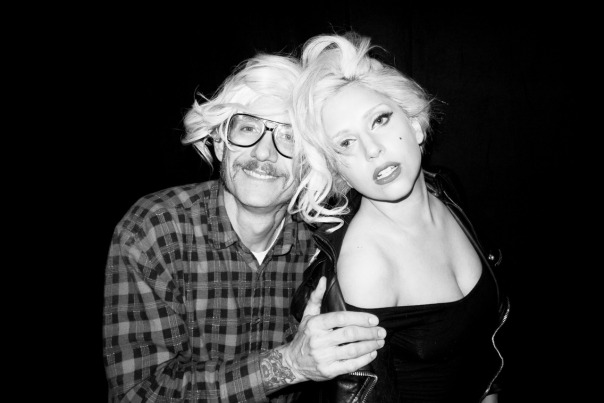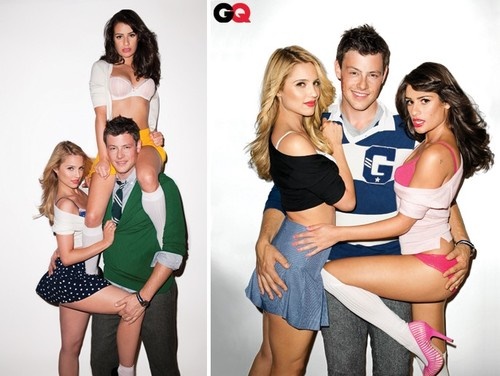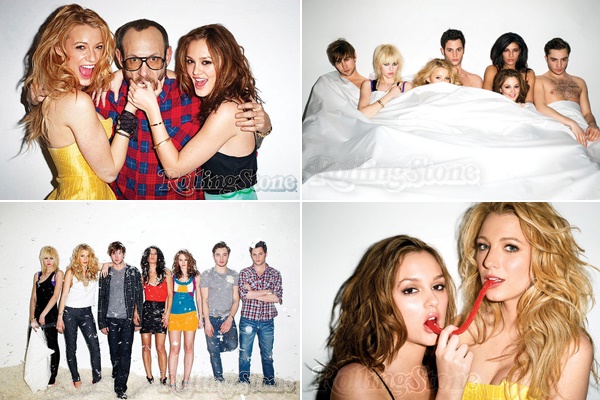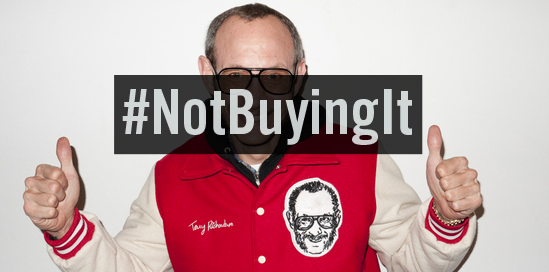Having recently graduated, I have found myself back in Athens. Though I still consider Athens my home, a lot has changed while I was away falling in love with the small town life and history of Milledgeville. I was able to keep in touch with Athens through weekend visits and recent publications claiming its status as one of the south’s best kept secrets. As I return and begin my adult life where I spent all of my adolescence and childhood, I hope to share my findings here so others may see what a magical the Classic City is.
I can’t think of a better place to start this journey than with the annual Athfest music festival. Originally started in 1997 to promote music coming out of Athens, Athfest has always been an important weekend for the community, as well as myself personally. The glorious Pulaski Street stage is where I saw Perpetual Groove and Reptar play for the first time. It’s where I, along with many others, celebrated the music the Modern Skirts had given us as they played their final show.
The Pulaski Street Stage, seated where Washington meets Pulaski, is where I spent most of Friday night. My friends and I set up camp at Ted’s Most Best to enjoy Reptar, Family and Friends, and Judah and the Lion. Not being too interested in battling crowds, Ted’s proved to be a great spot. We were able to hear and see the bands, while enjoying refreshments in the form of Ted’s phenomenal sangria, $2 PBRs and, of course, King of Pops.
I ended the night at the Georgia Theatre for Dead Confederate. This was just my third or fourth time in the theatre since their reopening in 2011, and I am still amazed by what an incredible building this is. If you haven’t visited the gallery, located behind the upstairs bar, you really must. This is my favorite spot and an amazing reminder of all of the history the Theatre holds.
I spent most of Saturday hopping from place to place with friends visiting from out of town. At Little Kings I got the pleasure of seeing Life is a Flower, Life is a Gun (as well as enjoying a pick-up game of cornhole). These guys are not to be missed. They’re eclectic mix of instruments make for an amazing sound. If you, like me, are a sucker for string instruments, this is a must listen.
Much of Saturday was built up around seeing Kishi Bashi that evening. The once member of Of Montreal, Kaoru Ishibashi, graced Athens with his presence and did not disappoint. NPR recently had his new album, Lightght, streaming and it was constantly filling the walls of my small Milledgeville apartment. This album is perfect for a Sunday Summer Drive.
Further Reading--For more on Athens and the music scene check out these posts:





